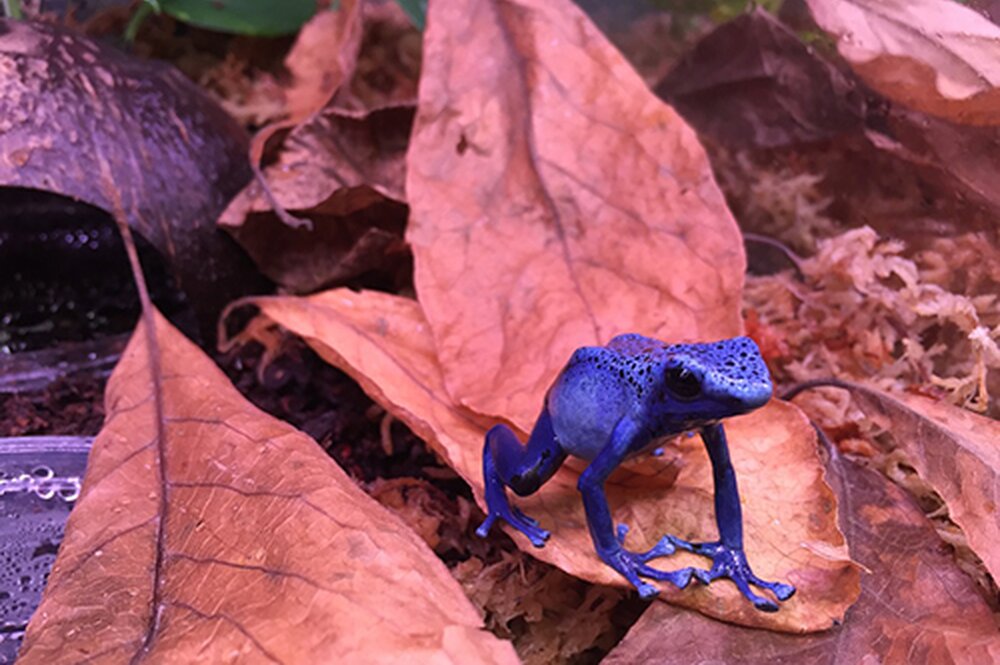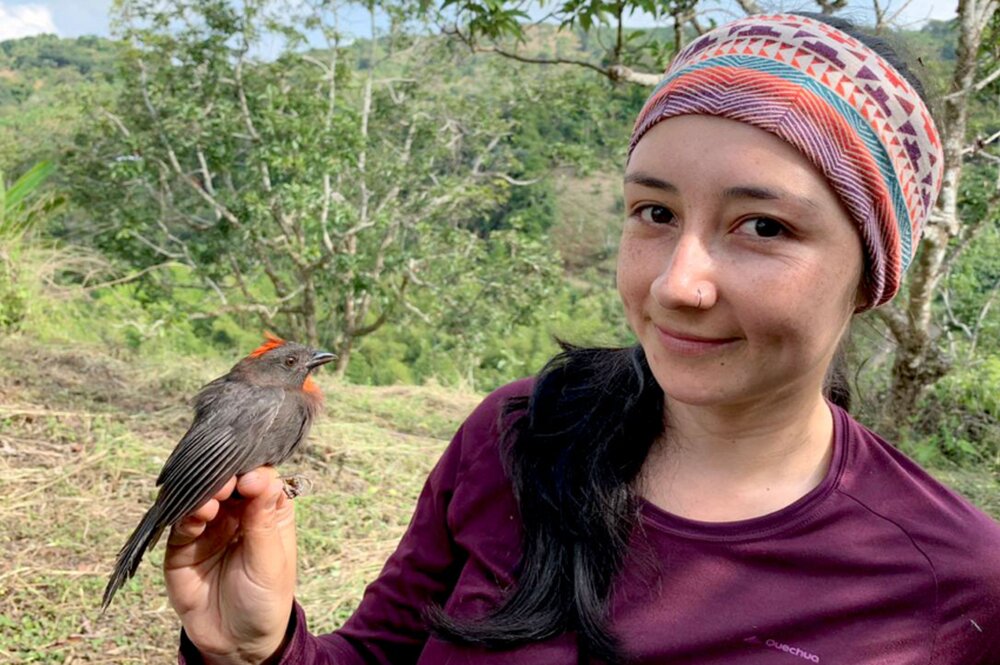The College of LAS has selected 14 professors, graduate students, lecturers, and an advisor as the recipients of the 2024 teaching and advising awards.
“We are proud to have such an impressive group of people advancing our vital teaching and advising goals,” said Venetria K. Patton, the Harry E....











